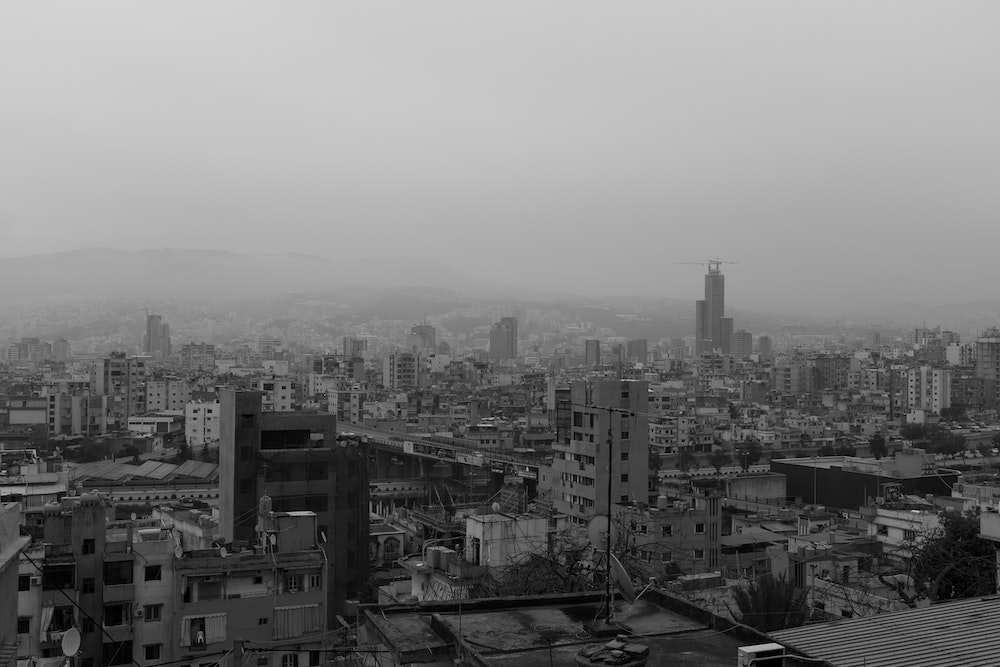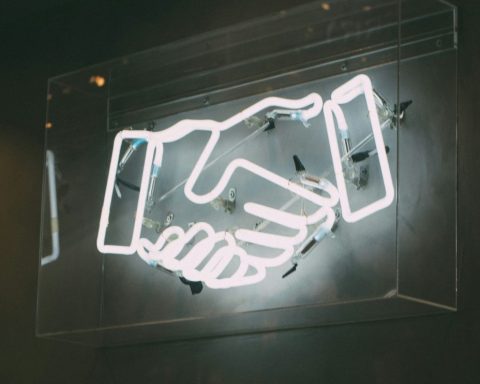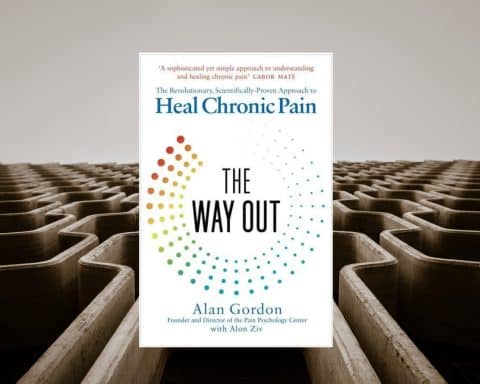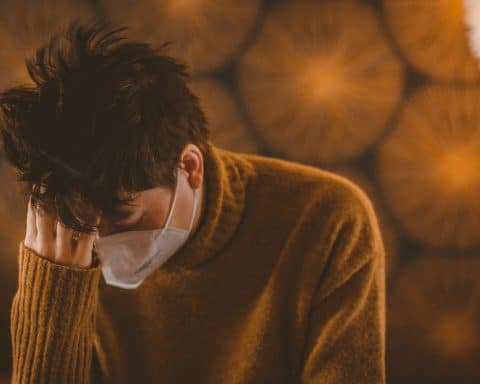 Authors:
Authors:  Basem Saab is Professor and Program Director and Jinan Usta is a Professor of Clinical Medicine in the Department of Family Medicine, American University of Beirut Medical Center.
Basem Saab is Professor and Program Director and Jinan Usta is a Professor of Clinical Medicine in the Department of Family Medicine, American University of Beirut Medical Center.
“It is not the strongest of the species that survives, not the most intelligent, but the one most responsive to change.”
Charles Darwin
Lebanon diagnosed its first case of COVID-19 on February 21, 2020. After one day, policy makers launched a massive educational campaign to educate the public on how to prevent this virus. A week later, closure of nurseries, schools and universities was in effect. After 19 days of diagnosing the first case, closure of cafes, restaurants, hotels and gyms took place. On March 15, the government declared a state of health emergency, and locked down Lebanon for at least two weeks. On March 25, there were 333 confirmed cases and 6 fatalities. The total number of cases is likely to be higher than the reported due to inherent difficulties in identifying and counting mild and asymptomatic cases.(1)
Initially, one central governmental hospital carried the COVID-19 test. In that setting, the test is free of charge for patients at risk. With increased demand on laboratory testing, the Ministry of Public Health gave permission on March 10, 2020 to four additional laboratory centres in university hospitals in Beirut to perform the test, provided the cost of the test does not exceed £86 (around US$99) per test.
As one of our residents stated, anxiety is currently the second epidemic that also affects health professionals.
Several patients insist on having the test, though they did not qualify. In a country in serious financial crisis and where there is undeclared capital control what makes people ready to pay one third of an average Lebanese employee salary for a test they were advised not to do? What makes them ready to repeat it in few days when they knew the test is not 100% accurate?
Is it fear? Being a new virus undoubtedly creates fear. The media coverage is a double edge sword. It was instrumental in educating the public on how to prevent and contain the virus, and in promoting the lockdown policy. However, it created unnecessary anxiety by transmitting unbalanced and sometimes inaccurate information. One of the patients presented three times in less than six hours to three different physicians at AUBMC for burning and pricking sensation in the chest, thinking it is due to COVID-19. As one of our residents stated, anxiety is currently the second epidemic that also affects health professionals. The first health professional who saw this patient was worried that the patient may have COVID-19 and hastily referred him to the COVID-19 clinic. This by itself may also contribute to fear.
In some places there is a tendency to do mass screening. Considering there is no approved treatment for COVID-19 would this increase anxiety? Moreover, the patients who test negative may be falsely reassured or concerned about that and go on repeating the test. This may be of concern given the decreased availability of testing material (including the sampling kit), PPE, and the inability to import products due to shortage of hard currency in Lebanon.(2)
In Lebanon, some labs charged around £166 (US$200), just for the nasopharyngeal test.
“Test, test, test. All countries should be able to test all suspected cases, they cannot fight this pandemic blindfolded.” said the head of the World Health Organization. This may be interpreted to also screen contacts of cases/suspected cases. This recommendation may be logical, but is it feasible? Even the richest countries could not comply with this due to availability and resources.
The best approach in a country like Lebanon is primary prevention — to decrease mortality and morbidity by enforcing lockdown accompanied with maintaining safe distancing, and proper hand hygiene. In spite of the fragmented health care and fragile political system, as well as the economic hardship, the response to change (COVID-19) by policy makers was more than satisfactory. Epidemiologists expected that by March 25, 2020 we would have 735 confirmed cases if people do not stay at home. On that day, we had only 333 confirmed cases.
One problem is that a prolonged lockdown may lead to more social unrest. The same Lebanese government that declared bankruptcy would have difficulty compensating the underprivileged and small businesses.
References
- Wu, Z., & McGoogan, J. M. (2020). Characteristics of and important lessons from the coronavirus disease 2019 (COVID-19) outbreak in China: summary of a report of 72 314 cases from the Chinese Center for Disease Control and Prevention. JAMA. Published online February 24, 2020. doi:10.1001/jama.2020.2648.
- Joles, B. (2020). Cash-Strapped Lebanon Is not Ready for the Coronavirus. Foreign Policy. Retrieved from https://foreignpolicy.com/2020/02/28/lebanon-coronavirus-economic-crisis-protests/






